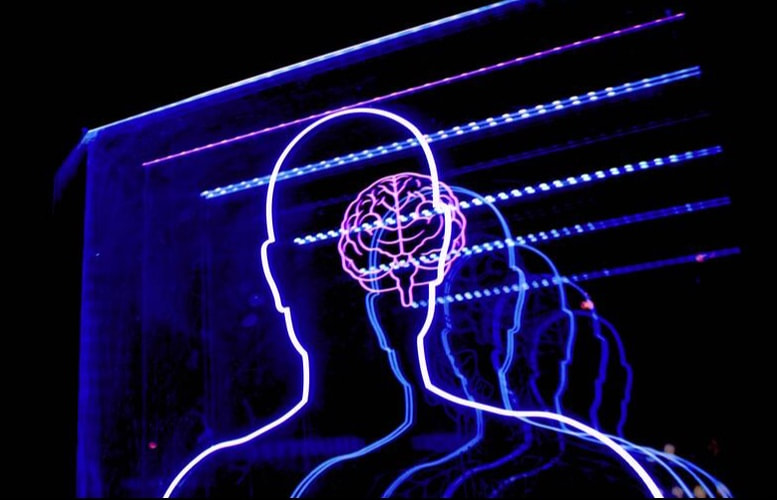 Have you witnessed someone having a seizure? If yes, then I assume it has been in-person. You see signs such as they have fallen or are unresponsive. During such an incident you're there to help guide them through the seizure, or yell out to someone, "call 911." Times have changed due to the virus. Today, we are doing more on-line meetings and screen apps on phones and computers. Here is the new scenario. You are on the phone or in ZOOM meeting and notice something is not right with the person on the other end. The person may have dropped their device or gone off the screen. Did you notice something wrong with that person prior? ⚡️Did the person not respond to a prompt? ⚡️Did the person quietly drift off-screen slowly? ⚡️Did the person start to jerk around? These sometimes-subtle behaviors could be signs of a seizure.  Be prepared to help any way you can. But, you cannot yell at that person. They won't respond. And if they are wearing headphones, those around them won't hear your calls for help. What you do next could save their life. Your quick actions can be just as essential as if you were right there in the room. What to do:
If a person is with you, have them contact help by calling someone that may be in the room or building with the seizure victim. "I was just on screen with Sam, and something is not right, please check right away." Then stay on the line with the seizure victim until help arrives. What if you do not have anyone's contact information to alert their caregiver or co-worker? ⏰ Start timing the seizure. Note how many minutes have passed since they were not responsive. 📞📱Stay on the phone. Generally speaking, most people with seizure disorders do come out of them on their own. However, if it's lasting, more than three minutes, no one is in the victim’s vicinity and you do not see the person recover call 911 and give them all the information you know about the person that is having the seizure. They have technology that can pinpoint the location from a phone number. A few tips like these are critical for someone who suffers from seizures, diabetic shock, strokes or any neurological episodes. You taking the extra precautions like these above could mean life or death. Thank you for reading. #seizureawarness
2 Comments
A dear friend of mine and I have a lot in common in regards to raising our children with special needs. Recently we had a discussion. We get similar comments from friends and family that say, “I don’t know how you do it.” Followed by an intense stare. How does one respond to this? First of all, I don’t have a choice. I love my child, Allie now 15. She lives with PCDH19 epilepsy and autism. Challenging at times but I strive to support her the best way I know how. Secondly, I don’t do this alone. I have support. I take extra time when choosing special people in her life that truly care for her. Also, various professional therapies are crucial. They are an important element to help her live the best life she can live. Massage Therapy is one kind of therapy that is essential for a teens growing body. Allie has aches and pains just like anyone else. A professional Massage Therapist named Julie from The Child and Family Therapy Center of Denver arrives at our home and provides Allie with massage to relieve muscle tension and help with her tactile sensory issues. Session with Julie, Massage Therapist From The Child and Family Therapy Center of Denver's website. For children with Autism, research has been published indicating that massage may provide relaxation, stress reduction and calm muscle spasms. Research has also demonstrated that this type of intervention may promote more on-task and social relatedness behavior during play, children with ASD show less erratic behavior, and are more attentive after receiving massage therapy. Allie enjoys her time with Julie. It relaxes her mind, body, and spirit while providing benefits that I could not give her. Music Therapy is another treatment that Allie benefits from. She had a strong aversion to songs on the radio, musical instruments, and other people singing. Her avoidance to any form of music was disruptive as anxiety grew whenever she was exposed. For a decade, the Happy Birthday song has been a struggle and creates internal anxiety for Allie. Once at a friends birthday party she ran out of a room while her peers were singing it. Other times she would cover her ears during the tune. Music Therapy was the answer. A board-certified Music Therapist comes into our home weekly and provides hands-on musical experiences. Fun instruments are woven into lessons such as egg shakers, jingle bells, tambourines, the guitar and our own piano. The interventions are designed to promote wellness, manage stress, enhance memory and improve communication. Ms. Shelby, Allie's talented Music Therapist, teaches her how to be in control of the music by creating and writing the craft. After three years of sessions, Allie's musical idiosyncrasies are manageable. She now enjoys listening to music in the car and even has her own playlists stored on an iPod which calms her during noisy or chaotic times. The Happy Birthday song issue is a work in progress and making great strides. I don’t expect a quick fix after so many years of avoiding the tune. With an understanding therapist like Shelby, I am confident Allie will be successful. Ms. Shelby is Allie's weekly Music Therapist. These are just two therapies I highlighted, however, Allie is in more and over her lifetime she will continue various therapies. I am grateful that I have help! I can't do it all alone and I'm not ashamed of this fact. It's a big job. If I'm going to give my daughter the best life she can live, I will ask for all the help I can get. With special people in our lives like these talented therapists, I can achieve that goal for her and for us. Thanks for reading! 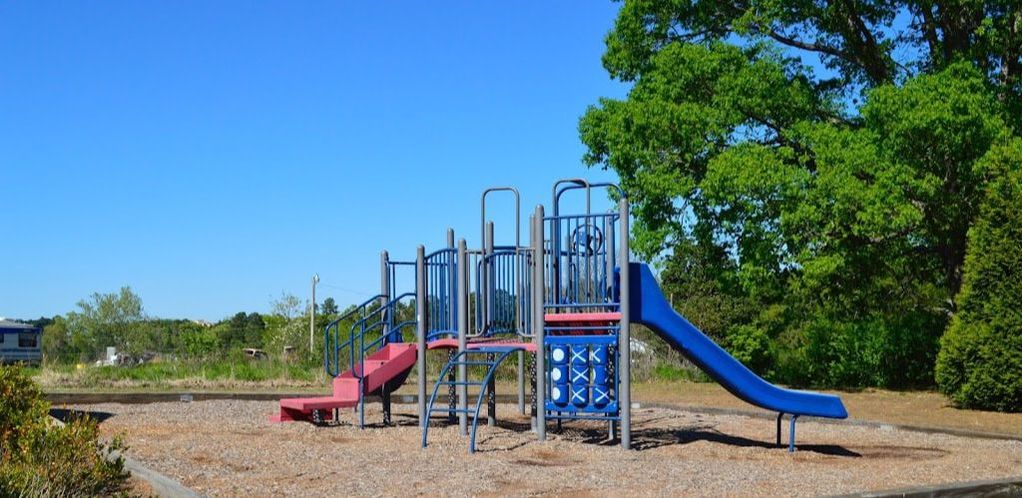 This story was over a decade ago, but it still resonates with me today. My daughter was four years old undiagnosed with Autism at the time, but we saw the signs earlier on as most parents do. I did my best as a new mom to be active outdoors in our neighborhood and walked to nearby parks with my daughter. We always seemed to run into our neighbors, a mother and daughter, at the park and I felt comfortable to extend an invite for a playdate at our home one afternoon. The mother and I had a few commonalities as we were both first-time mothers with girls of similar ages. The playdate started in our living room with some toys for the girls, and us moms sitting at the kitchen table watching and chatting. After about 20 minutes the little girl came up to me and said, “she (pointing at my daughter) told me I had an ugly dress on.” The dress was brown, and my daughter only wore pink at the time, so I believe she was expressing her dislike to a color in a direct comment. I was thinking to myself, clearly, these two girls needed to figure this small spat out. However, their team was not as flexible that day. The mom was so angry she demanded an apology from my four year old. My daughter did not respond as she was off in her own world playing with toys and carrying on not caring where her friend went. I will never forget the angry face the mother had when she looked at me and said, “My daughter will never play with yours again, I do not want her around her.” I was devastated at that moment. The playdate went to hell, and I assume my neighbor won’t talk to us again. Today, and a decade of what I know about special needs and other parents, I would not feel as bad as I felt that day. That mom was protective as a good mom should (maybe a little too protective.) I should have known better to screen personalities before jumping in an intimate playdate situation. The point is, sometimes you will have people that just don’t get it. Even today, I have learned not to set ourselves up to get burned by others. Our neighbors that accept us will come around and others I don’t get my hopes up. People have insecurities or own personal issues, but it's not worth my energy because the next family will be an amazing fit for us. Peace out to all those perfect families as I am sure you have other issues that I won't ever understand. My daughter is the strongest human I know. She lives with PCDH19 epilepsy. After her first seizure in 2004, we were living each day to stop seizures. During those dark days, so much energy was focused on the bad and the "what if's." She has come along way overcoming side effects of this disease. After 15 years, I know the meaning of gratitude. I am grateful each day she is seizure-free. She is vertical and ready to go. If she is happy, that is just enough for today.
|

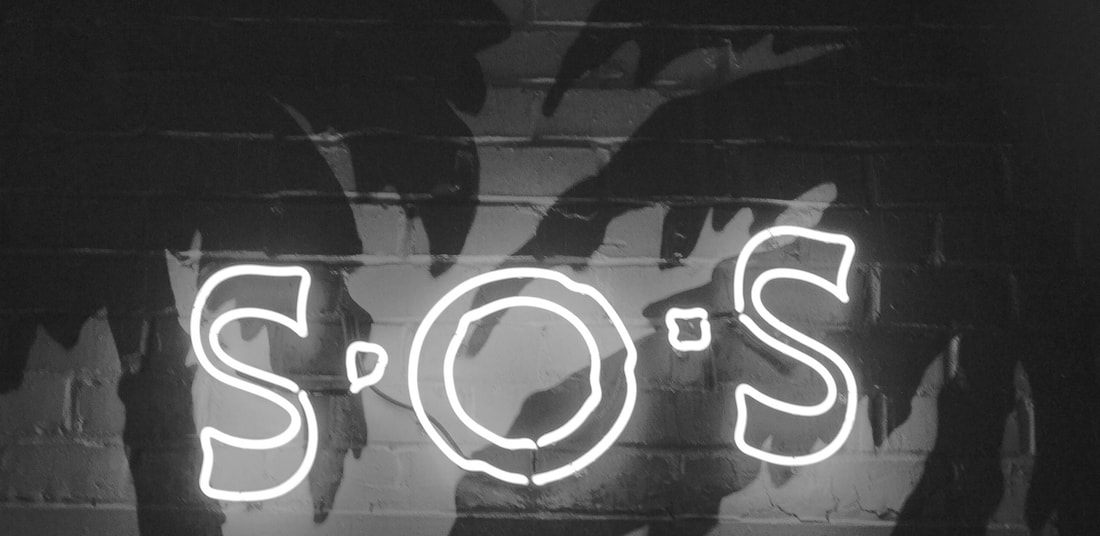
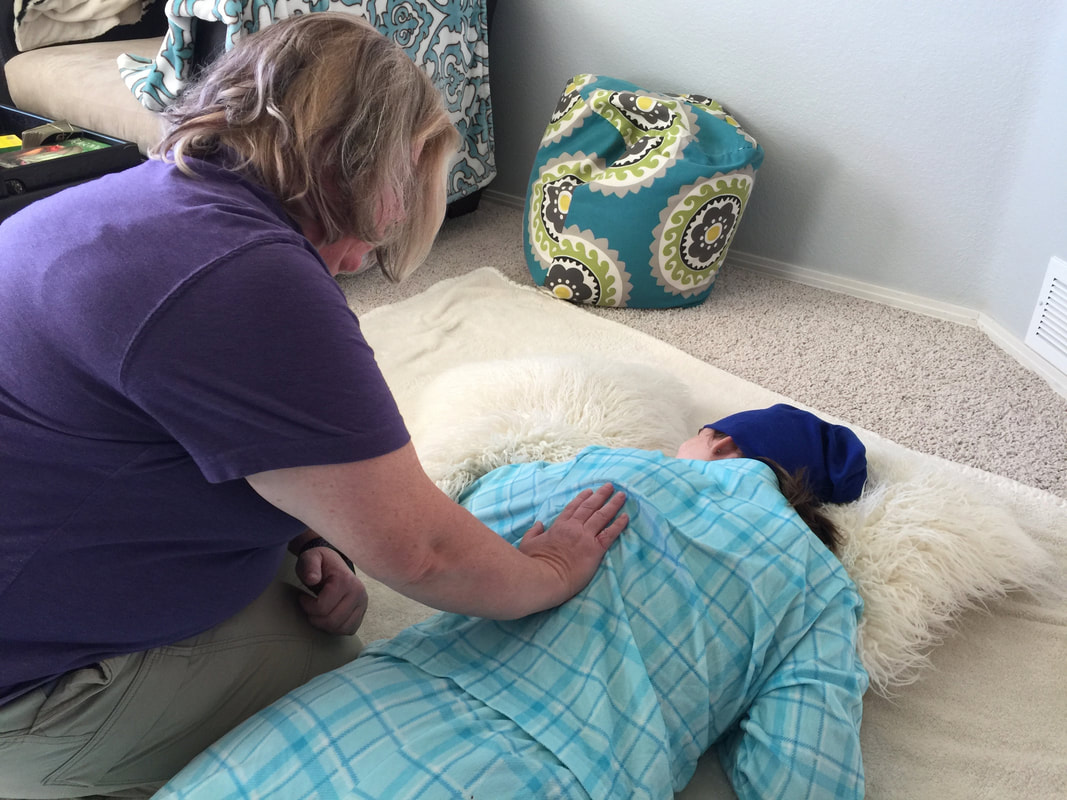
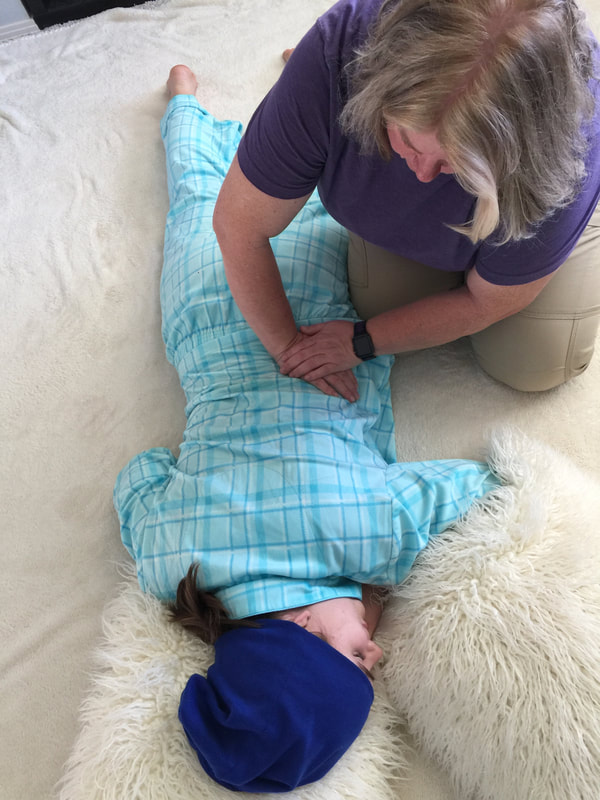
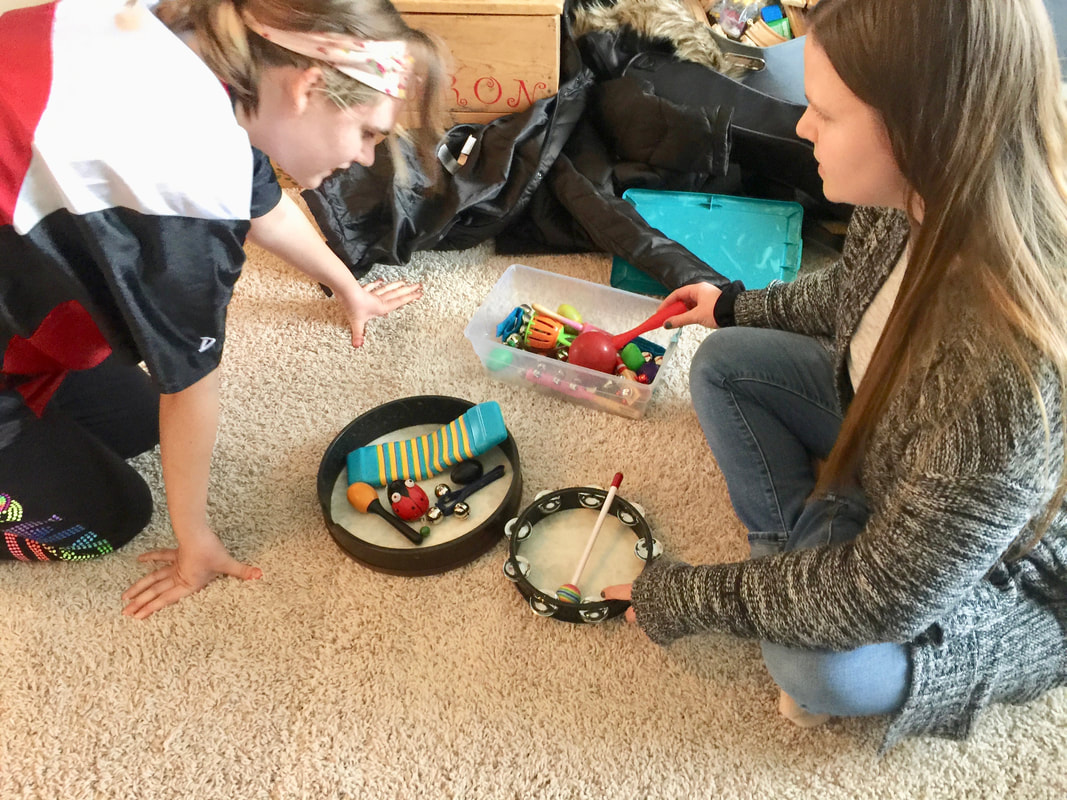
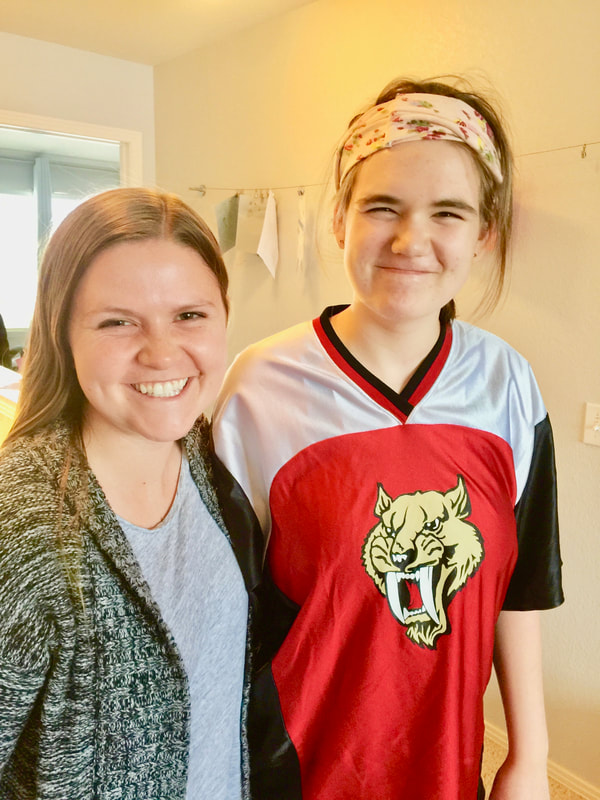
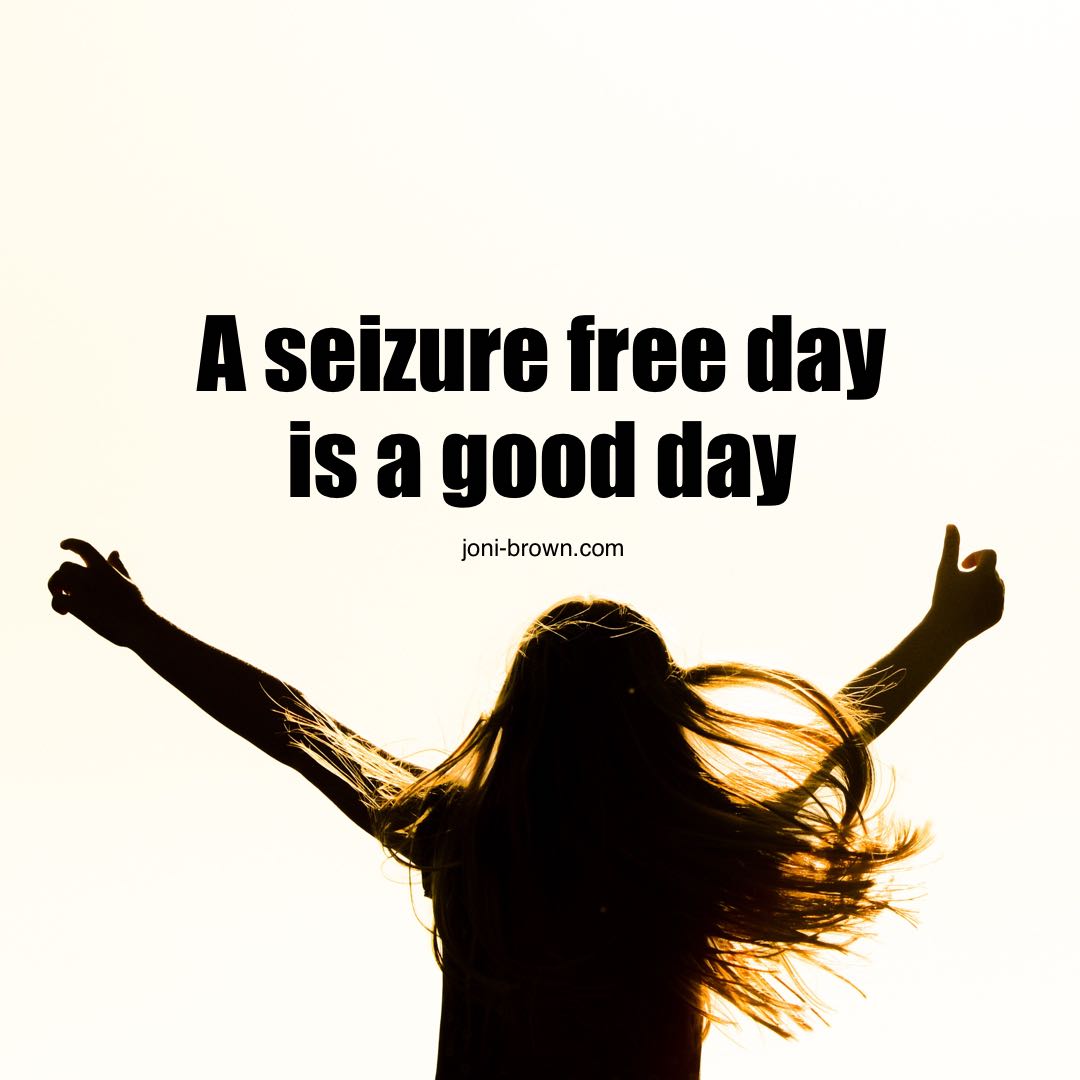
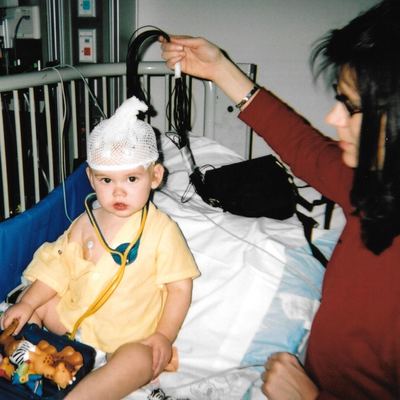

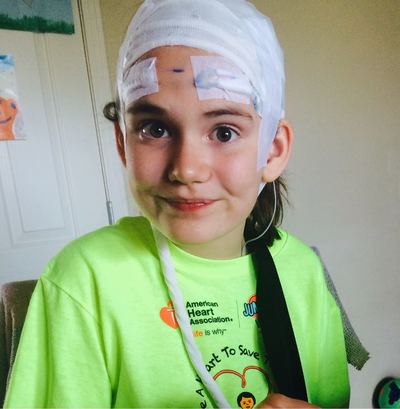
 RSS Feed
RSS Feed